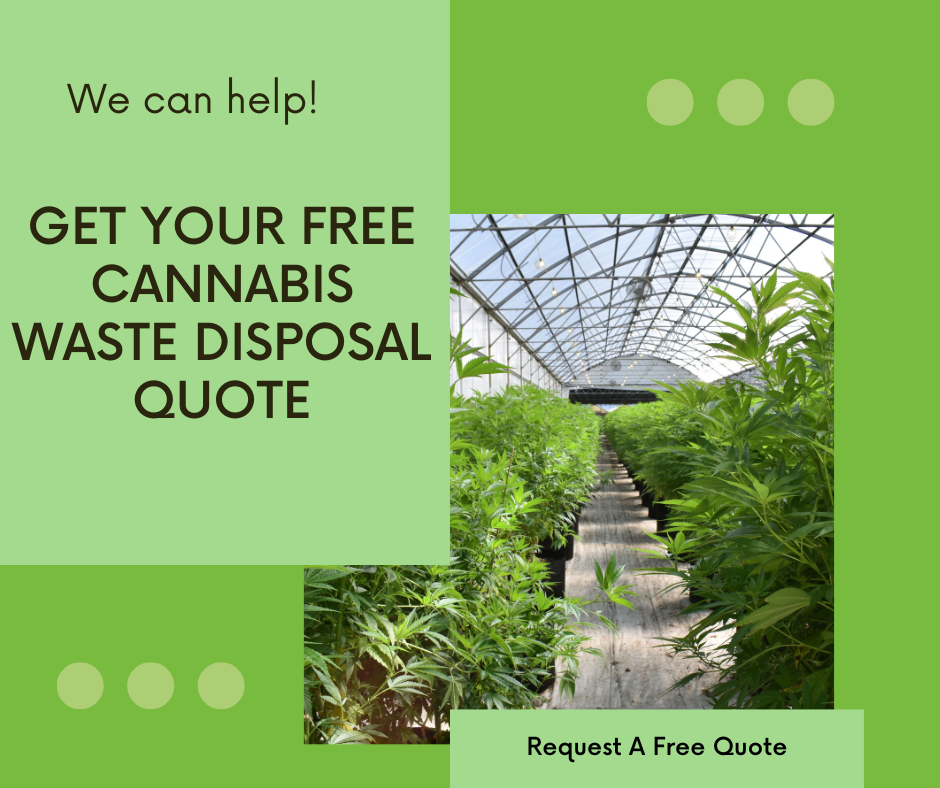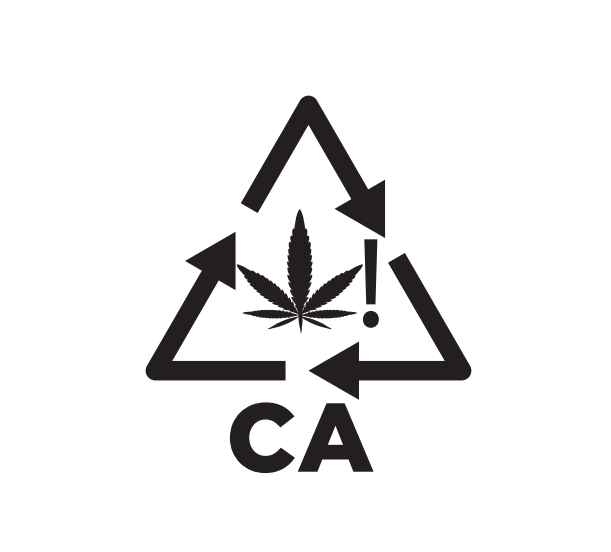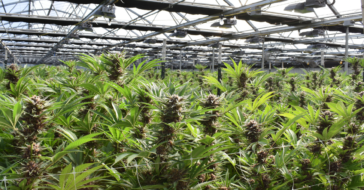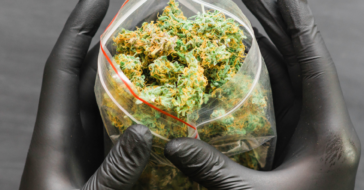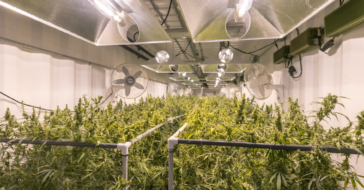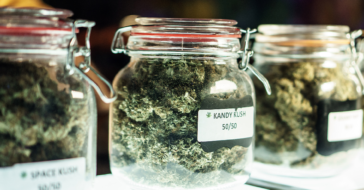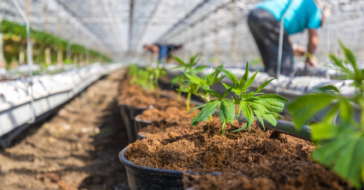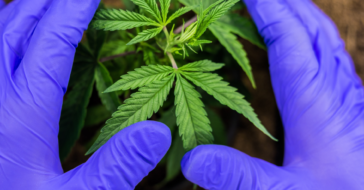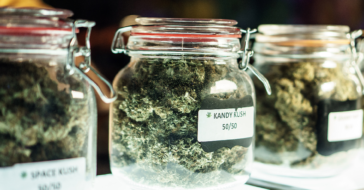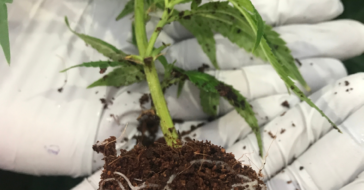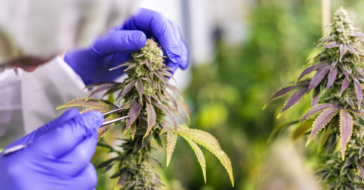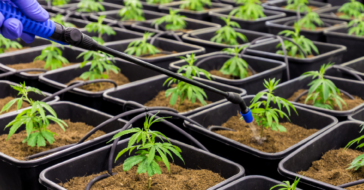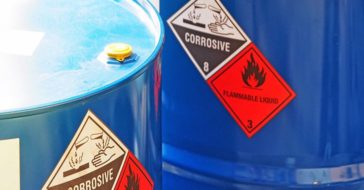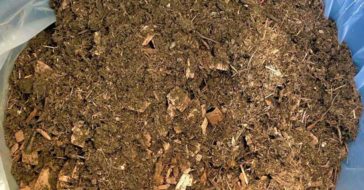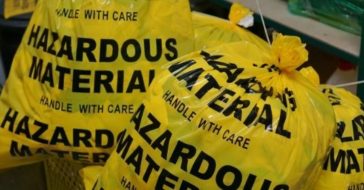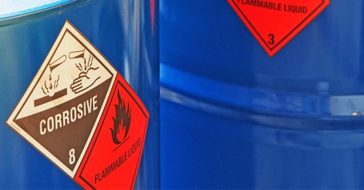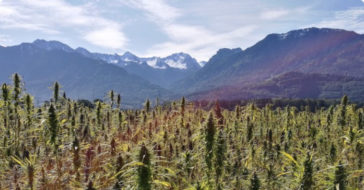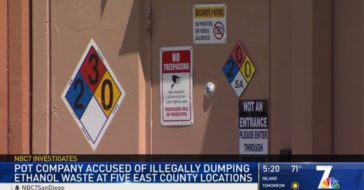Is cannabis legal in California? It’s a question you may have for a variety of reasons.
You may be traveling to California and want to ensure you don’t break any local laws. Or you may have a health condition that warrants its medicinal use. Or you may be opening or expanding a business and want to ensure you’re complying with all regulations.
The short answer is yes, cannabis is legally accessible in California for both medicinal and recreational purposes. However, its legalization has introduced several rules and regulations that individuals and businesses must follow and has helped pave the way for evolving legislation that could legalize the use of other drugs as well in the future.
Cannabis Legalization Laws For Individuals
California became the first in the United States to permit medicinal cannabis use in 1996. Today, cannabis is legal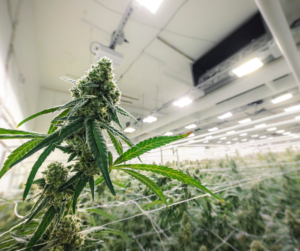 in the state for both medicinal and recreational use.
in the state for both medicinal and recreational use.
Depending on whether you plan to use cannabis or sell cannabis, there are several regulations in place to ensure the safety of the community.
According to the California Department of Cannabis Control, you can buy cannabis if you are:
- 18 or older with a physician’s recommendation for medicinal use
- 21 or older for adult (or recreational) use
It’s illegal to drive or ride a bike while under the influence of cannabis, and you cannot have an open container of cannabis in your vehicle while driving or riding in the passenger seat. Any cannabis inside a vehicle must be sealed or stored in the trunk.
California law also says it is illegal to consume, smoke, eat or vape cannabis in public. You also cannot consume cannabis if you are within 600 feet of where children are present, such as in a school, daycare center or youth center.
While there are several cannabis or marijuana laws in place for individual use, there are a few differences between medicinal and recreational use that adults should know. For example, medicinal users have higher possession limits, can grow more plants at home if their physician recommends it, and can buy more cannabis each day if their physician recommends it.
It’s also important to know that cities and counties can set more specific rules for their local communities. However, these ordinances can only be more specific than state regulations, not work against them. This is a critical area that businesses need to keep in mind as well, since local laws could be more specific than state laws, impacting how they operate.
Cannabis Legalization Laws For Businesses
If you operate or are thinking of owning a cannabis business, it’s critical that you understand the different regulations you must follow. There are licensing requirements, various types of cannabis licenses, packaging and labeling requirements, and track and trace reporting requirements that allow you to account for all your inventory and activities accurately.
The Department of Cannabis Control regulates cannabis businesses, specifying areas like:
- What is required when applying for a license
- Rules cannabis businesses must follow
- What can and cannot be manufactured into a cannabis product, along with what ingredients are permitted
- Packaging requirements, including what type of information is required on the outside of the packaging to inform consumers
- What testing is required before a business can sell a product
- Enforcement actions if rules are broken
Cannabis waste disposal guidelines are particularly important to address environmental concerns, public safety, regulatory compliance and sustainability.
Keep in mind that most cannabis businesses have multiple waste streams, each with its own set of regulatory requirements. From plant waste like leaves, stems and roots to manufacturing waste and soil contaminated with pesticides, there are several types of waste that cannabis companies must contend with to meet all local and state regulations.
One of the most important laws businesses must now follow since cannabis became legal is securing their cannabis waste. The best cannabis waste disposal companies will provide you with UN-rated containers to ensure air-tight and offer maximum odor protection. Cannabis materials can emit strong odors, which may lead to complaints and subsequent violations.
Some waste must also be rendered unusable if it has come in contact with THC or at other times like when:
- Cannabis flowers or products don’t meet testing or quality requirements
- Cannabis flowers or products are recalled
- Samples held by licensed testing laboratories are no longer usable
As we mentioned above, all state-issued cannabis licensees must use the California Cannabis Track-and-Trace (CCTT) to record and track information related to their cannabis inventory as well. Also known as “seed to sale” reporting, this system tracks cannabis products through the supply chain, from cultivation to the sale of products.
The primary goal of the CCTT is to ensure transparency, accountability and regulatory compliance within the state’s cannabis industry. The system uses specialized software and databases to track the entire lifecycle of a cannabis product.
A cannabis waste management plan must address all areas of your waste disposal, even if you are disposing of non-hazardous cannabis waste on-site through methods like composting or mulching. Licensed cannabis operators must identify and weigh cannabis waste, which should be part of their regular processes.
You can read other areas you should highlight in your waste management plan in our article, 6 California Cannabis Waste Disposal Guidelines.
What’s Next After Cannabis Legalization
Drug laws are continuously progressing through legislative channels in California, reflecting an ongoing evolution in the state’s approach to a variety of substances and their potential legal status.
One of the most recent examples of this was Senate Bill 58, which would have decriminalized adults older than 21 owning or preparing some hallucinogenic substances, including:
- Psilocybin
- Psilocyn
- Dimethyltryptamine (DMT)
- Ibogaine
- Mescaline
However, in October 2023, California Governor Gavin Newsom vetoed SB 58 after the bill cleared the California State Senate, explaining that he hoped California would be on the front end of an “exciting frontier” in using psychedelics to treat these conditions but that before he could approve the bill, the state would need to develop more specific treatment guidelines.
For cannabis companies operating in California, the potential legalization of mushrooms and other psychedelic substances offers opportunities for the expansion of services.
Yet rather than dive head first into these opportunities when they become available, it’s important to begin preparing now so that you can navigate the regulatory landscape, understand the market dynamics and implement the necessary adjustments to ensure a strategic and compliant entry into these new sectors.
Developing a plan now to handle areas like license applications, waste stream identification, proper disposal, storage, security and employee training will position companies like yours for a seamless transition.
Experienced cannabis disposal services can help in many of these areas and will continue following the status of state and federal regulations to help ensure any expansion of your business operations goes smoothly.

